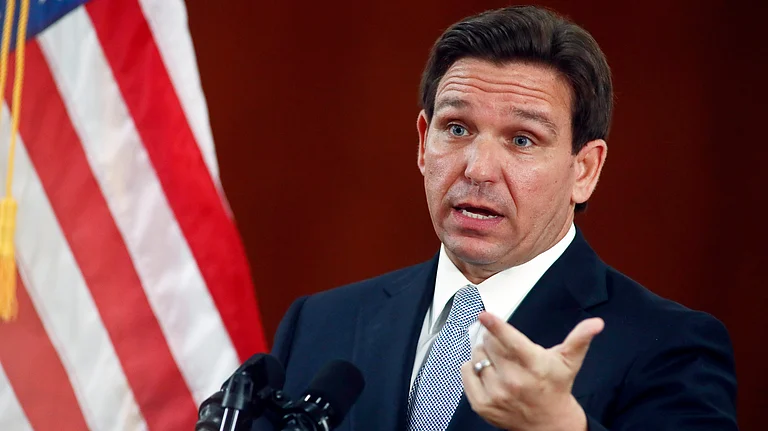Tennessee Governor Bill Lee took a significant step on Thursday by signing into law the Ensuring Likeness Voice and Image Security (ELVIS) Act, aimed at safeguarding artists, particularly musicians, from unauthorized use by Artificial Intelligence (AI).
Tennessee Governor Signs Bill To Protect Musicians From AI, Becomes First Bring Such Law
The legislation addresses the legal and ethical concerns raised by advancements in generative AI technology, which can generate original sounds, lyrics, or entire songs, posing challenges for copyright and intellectual property rights.

The ELVIS Act, named after the legendary musician Elvis Presley, updates Tennessee's personal rights protection law to extend protections to songwriters, performers, and music industry professionals against the misuse of AI-generated content. The legislation comes at a crucial time when advancements in generative AI technology have raised legal and ethical concerns within the music industry.
While AI's role in music creation dates back to the 1950s, recent breakthroughs in generative AI have enabled robots to produce music independently, giving rise to digital pop stars. However, the use of AI, particularly in generating original sounds, lyrics, or entire songs, has sparked debates among industry experts.
Generative AI, exemplified by systems like ChatGPT, has the capability to autonomously create content, posing challenges for copyright and intellectual property rights. The ELVIS Act seeks to address these concerns by extending legal protections to artists' voices in the face of potential misuse by AI technology.
Tennessee's music industry, a vital contributor to the state's economy, supports over 61,617 jobs, contributes $5.8 billion to the gross domestic product, and hosts more than 4,500 music venues. However, the preexisting personal rights protection law did not specifically cover the emerging threat posed by AI-generated content, prompting the need for legislative action.
The legislation fills a crucial gap by explicitly addressing the risks posed by new, personalized generative AI cloning models and services that enable human impersonation and the creation of unauthorized works using the image and voice of others.
Beyond the music industry, the rise of AI has raised broader concerns globally, ranging from its potential to disrupt democratic processes and fuel fraud to concerns about job displacement. While Europe has taken proactive steps in regulating AI, progress in the United States has been slow due to political polarization.
President Joe Biden's administration has pushed for AI regulation, but the divided U.S. Congress has made little progress in enacting comprehensive legislation. As AI continues to evolve, the ELVIS Act represents a proactive measure by Tennessee to protect its vibrant music industry and uphold the rights of artists in the digital age.
- Previous Story
 US Elections 2024: Tim Walz, JD Vance To Go Head-To-Head In VP Debate | Key Issues To Watch Out For
US Elections 2024: Tim Walz, JD Vance To Go Head-To-Head In VP Debate | Key Issues To Watch Out For - Next Story


























